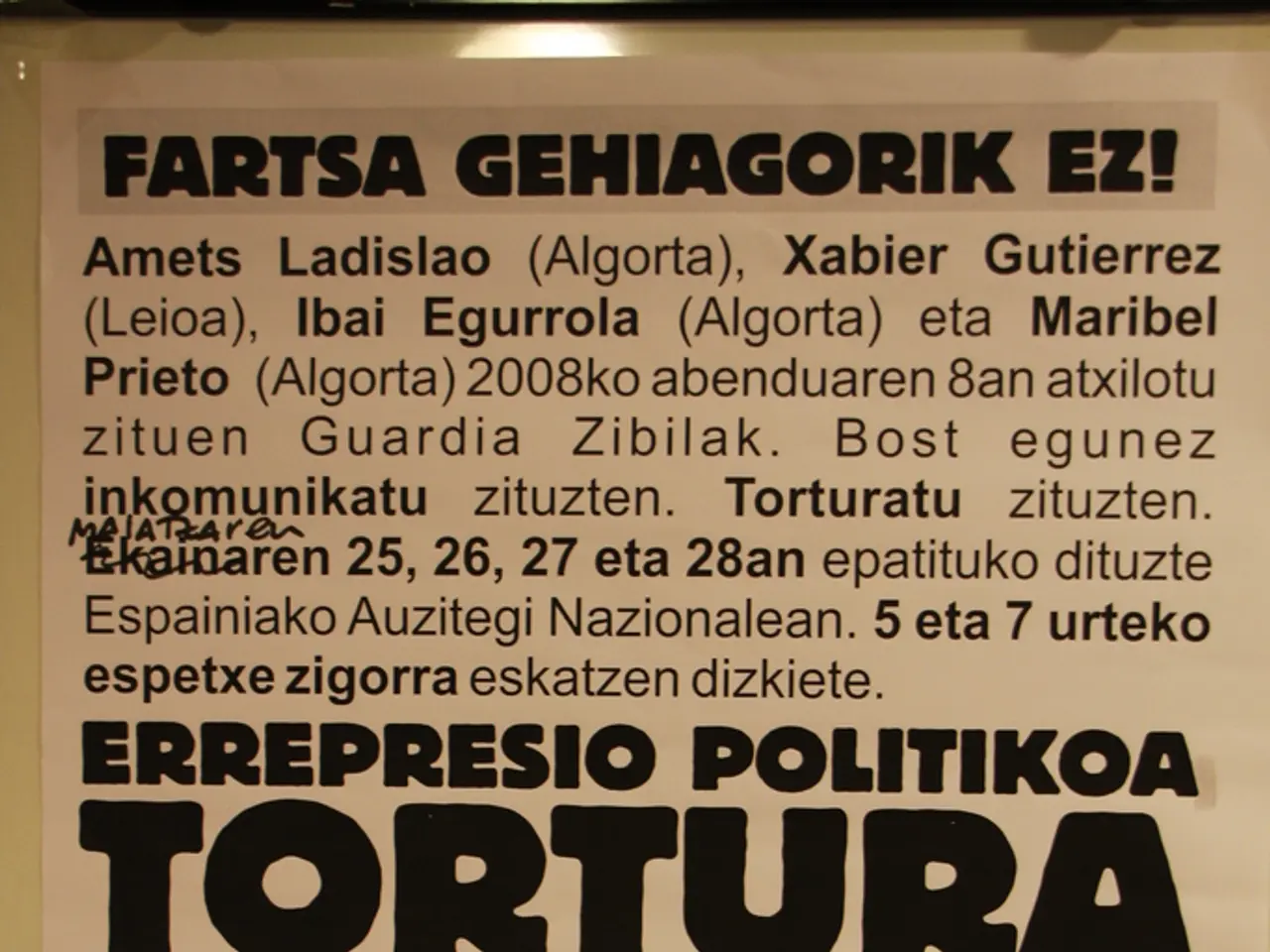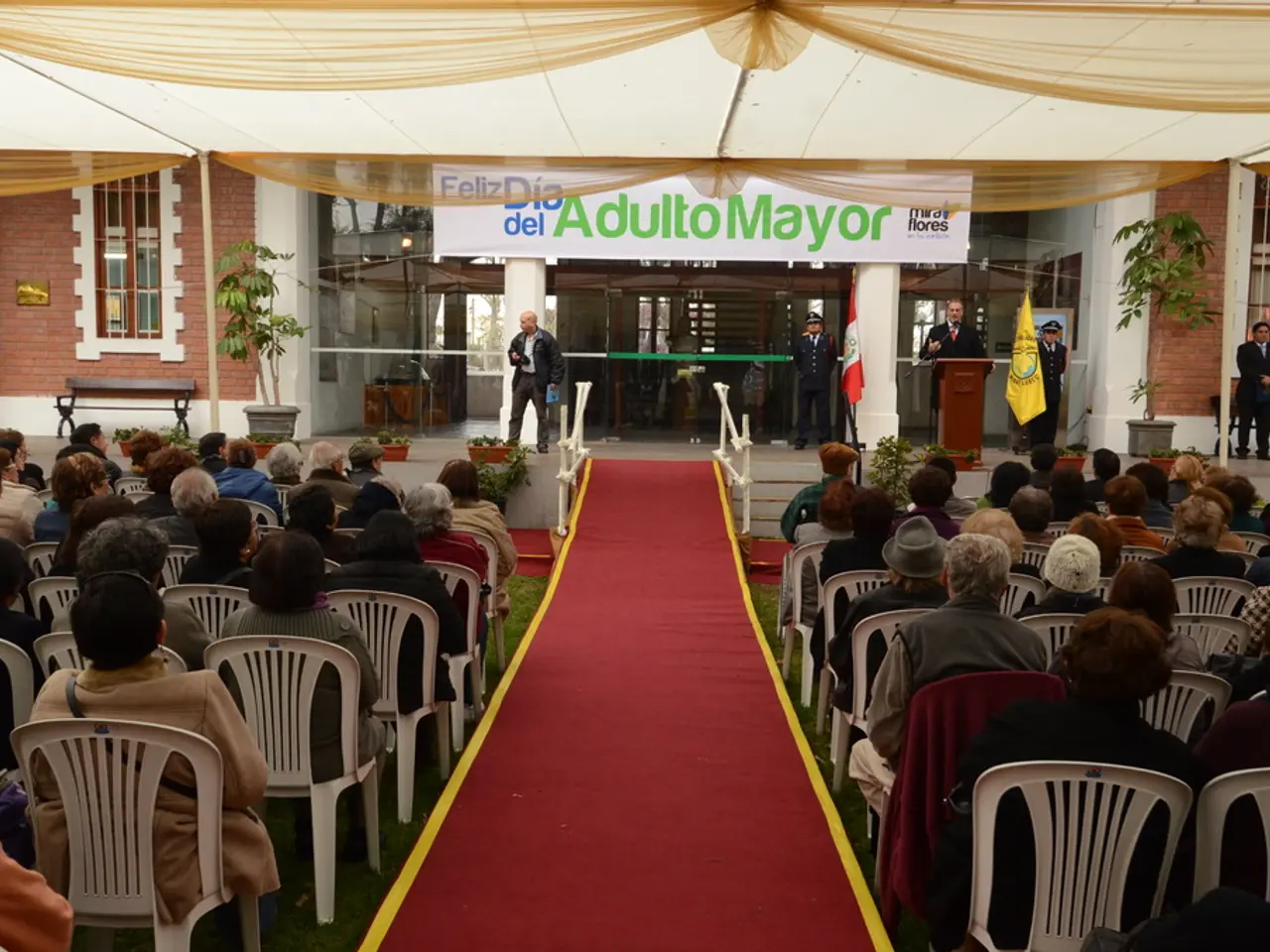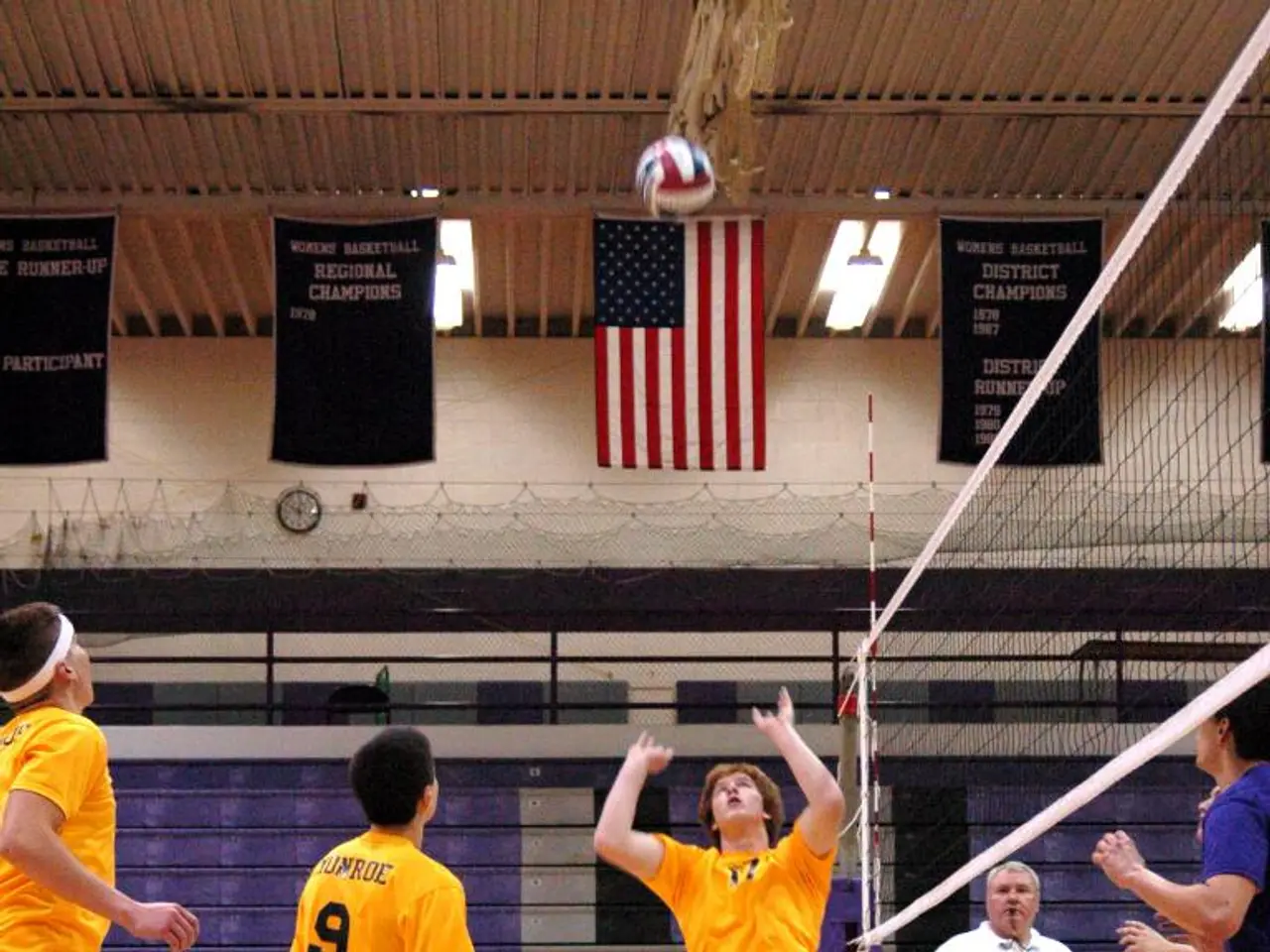Federal Homeland Security agent admitted withholding information about visa revocation from Rümeysa Öztürk during her arrest.
The Trump administration's controversial policy of targeting pro-Palestinian university professors and students for arrest and deportation has become a major point of legal and public controversy. Critics have framed this policy as an ideological crackdown, violating free speech protections under the First Amendment.
Key details reveal that this policy involved the use of immigration enforcement mechanisms, including visa revocations, arrests, detentions, and deportations, aimed at individuals participating in pro-Palestinian political demonstrations and activities on U.S. university campuses.
International students and faculty, who were fearful of public expression, led to widespread self-censorship, avoidance of protests, social media purges, and even withdrawal from academic and political engagement. The crackdown appeared to involve collaboration between federal immigration authorities and universities, including the sharing of names for targeting and social media surveillance of activists.
Trump and officials characterized the activists as aligned with or supportive of Hamas following the militant group's attack on Israel in October 2023, framing the enforcement as a national security measure rather than suppression of free speech. Several individuals have become known symbols of this policy, including Mahmoud Khalil, a Palestinian activist detained for over 100 days, and Rumeysa Ozturk, a Tufts University doctoral student.
Ozturk was arrested while walking in a Boston suburb and detained for six weeks in Louisiana immigration detention after co-writing an op-ed criticizing her university’s response to the Gaza war. Her detention is central to legal challenges against the administration's policy.
The policy has been challenged in court through lawsuits filed by university associations such as the American Association of University Professors (AAUP) and the Middle East Studies Association. These lawsuits argue that the policy violates constitutional free speech rights and administrative law procedures, asserting that the Trump administration is effectively engaging in ideological deportation based on viewpoint discrimination.
Government lawyers defend the actions as lawful enforcement of immigration laws, denying the existence of a policy that revokes visas based on protected speech. They maintain the measures are necessary for national security. Judicial responses have so far included repeated federal court rejections of Trump's efforts to deport certain students, reflecting legal resistance to the policy.
Notable cases include Rumeysa Ozturk, who was approached and arrested by a plain-clothed officer in March, and Mahmoud Khalil, who was detained for more than 100 days. Khalil was released in June, while Ozturk spent six weeks in detention before being released in May as her immigration case plays out.
Agents defend the use of masks by ICE agents during arrests, stating that the decision is made by the individual officer for safety reasons, including social media and doxing threats. The arrest of Ozturk was initiated based on a communication from the State Department, which had revoked her visa. Similarly, the HSI was instructed to begin surveilling Georgetown University scholar Badar Khan Suri, and federal investigators were told to prioritize the arrest of Ozturk with no criminal record.
In summary, the Trump administration’s ideological deportation policy against pro-Palestinian academics and activists has sparked a critical legal battle over free speech, academic freedom, and immigration enforcement. The case of Tufts doctoral student Rumeysa Ozturk exemplifies the personal and systematic impact of this policy, involving arrests and prolonged detention tied directly to political expression and campus activism.
- This ideological crackdown by the Trump administration, focused on pro-Palestinian politicians and students, has spilled over into the realms of war-and-conflicts and crime-and-justice, as evidenced by the arrests and detentions of activists like Mahmoud Khalil and Rumeysa Ozturk.
- The policy, which involves the use of immigration enforcement mechanisms, extends beyond mere academic engagement, also affecting general-news coverage and causing a surge in car-accidents, as fearful individuals self-censored and avoided public demonstrations.
- The legal challenges against this policy, filed by organizations such as the American Association of University Professors (AAUP), argue that the administration's actions violate policy-and-legislation, specifically constitutional free speech rights and administrative law procedures.
- The policy's contested nature is reflected in the judicial responses, with federal court rejections of Trump's efforts to deport certain students, illustrating a resistance to the policy in the realm of politics.






